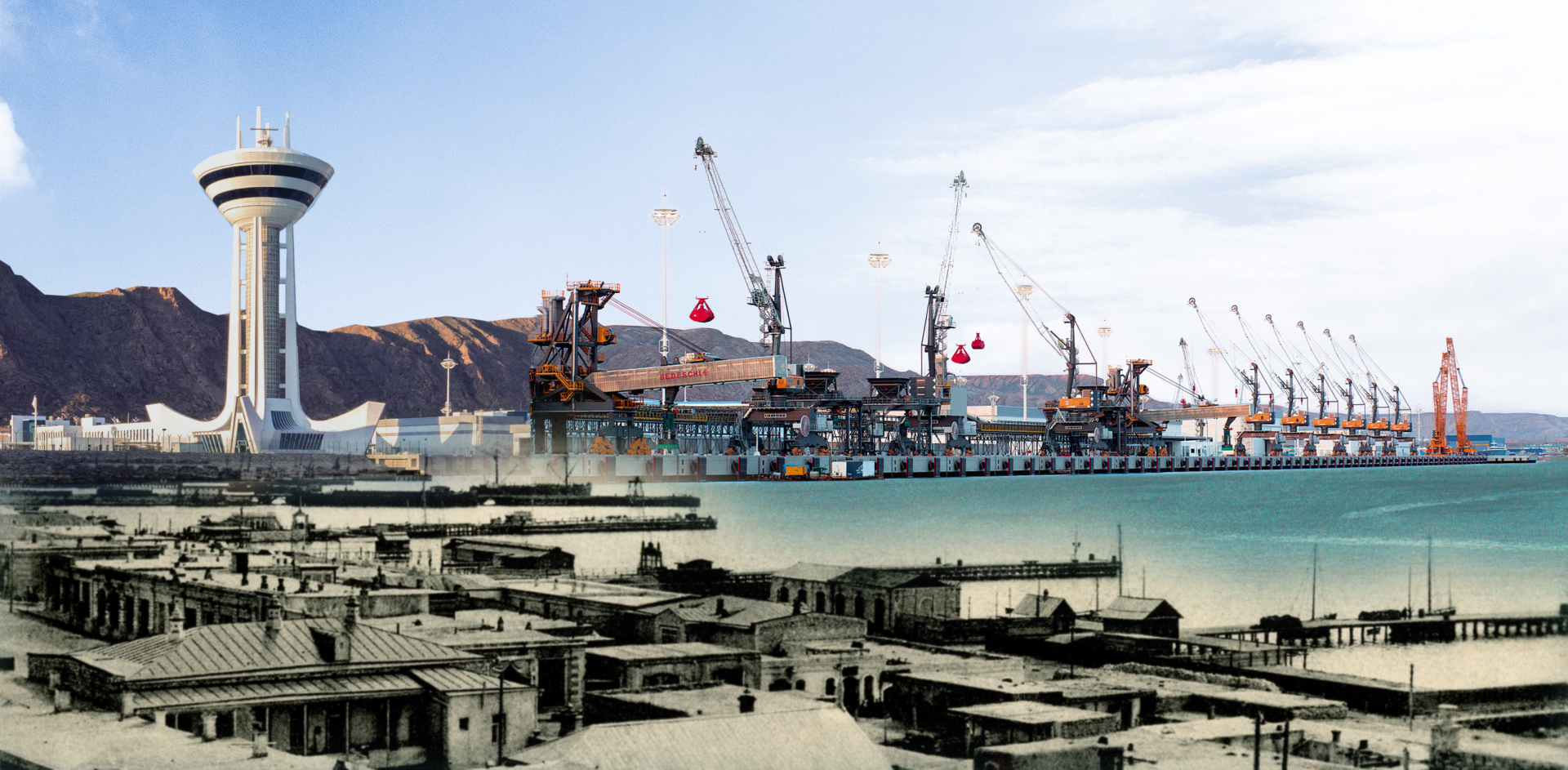On June the 5th, 2021, was signed the Law “On Public-Private Partnership” by the President of Turkmenistan. After its publication in the press on June 8, the law came into force.
The law defines the basic concepts and principles of public-private partnership (PPP), establishes procedures for the preparation and implementation of PPP projects, provides for financial support mechanisms, and also contains the rights, liabilities and authorities of the parties to the public-private partnership. Thus, the objectives of this law are to regulate relations in the field of public-private partnership, as well as to create legal conditions for the concentration of material, financial, intellectual, scientific, technical and other resources, to ensure a balance of interests and risks, to attract funds from extra-budgetary sources for the implementation of projects, plans and programs for the development of infrastructure facilities.
Public-private partnership is defined as “legally formalized for a certain period of time mutually beneficial cooperation between public and private partners, based on the combining of their resources for the preparation and implementation of a public-private partnership project”. Private partners can be a legal entity, with the exception of one in whose authorized capital the share exceeding 50 percent belongs to the state, an individual engaged in entrepreneurial activity without forming a legal entity, as well as a foreign organization.
The objects of public-private partnership can be property, property complexes and socio-economic infrastructure, projecting, construction, developing, supply, financing, reconstruction, modernization, operation and maintenance of which are carried out within the framework of the PPP project, as well as works (services) and innovations to be implemented during the project implementation.
The project preparation procedure goes through the following stages: project initiation and preparation, selection of a private partner, and conclusion of an agreement. The project can be initiated by both a public authority and private individuals. A mandatory requirement for PPP projects is the focus on solving economic, social and infrastructure tasks.
The law defines the holding of tenders and direct negotiations as the main mechanism for selecting a private partner.
The tender is conducted in two stages. At the first stage, applications are considered and tender proposals developed on the basis of conceptual and technical solutions specified in the terms of the tender documentation are evaluated. Negotiations with bidders on the parameters of the subject of the tender are allowed. At the second stage, the submitted technical and commercial (financial) proposals are considered and evaluated, taking into account the specified parameters of the subject of the tender, with the mandatory indication of the price (tariff). In agreement with the Cabinet of Ministers of Turkmenistan, the state partner forms a tender commission, its decisions are taken by a simple majority of votes from the total number of those who voted. The agreement is concluded with the winner of the tender.
At the same time, the parties can conclude a PPP agreement without holding a tender on the basis of direct negotiations in accordance with the decision of the state partner in the following cases: ownership of exclusive rights to the results of intellectual activity, other exclusive rights, land, other real estate and other property, which are an indispensable condition for the implementation of the public-private partnership project; defined by decrees and resolutions of the President of Turkmenistan.
The term of the agreement may not be less than three years and must not exceed forty-five years. The parties may agree to extend or reduce the term of its validity within the established time limits, as well as in the cases and under the conditions specified in the public-private partnership agreement. The agreement prescribes the procedure for the transfer of property, the provision of land to a private partner for the implementation of the project, as well as the ownership rights to the PPP object to the public partner.
In accordance with the law, within the framework of the agreement, the following types of financial support can be provided to private partners: subsidies, including those aimed at ensuring a guaranteed minimum income of the private partner from the implementation of the public-private partnership project; investments in the form of assets and property necessary for the implementation of the public-private partnership project; funds of the State Budget of Turkmenistan allocated to pay for the consumption or use of a certain amount or part of goods (works, services) produced or delivered in the course of implementing a public-private partnership project; provision of funds of the State Budget of Turkmenistan in the form of budget loans, loans, grants; state guarantees of Turkmenistan; tax and other benefits; other types of financing, guarantees and (or) compensation.
The Law establishes guarantees for the stability of the legislation in force at the time of the conclusion of the PPP agreement. If the legislation of Turkmenistan adopted in the subsequent period worsens the conditions for investment in the object of public-private partnership, then the private partner within ten years from the date of conclusion of the agreement on public-private partnership is subject to the legislation of Turkmenistan in force on the date of its conclusion. The private partner has the right, at its own discretion, to apply those provisions of the updated legislation of Turkmenistan that improve the conditions for its investment in the object of public-private partnership. A public-private partnership agreement may include provisions that guarantee the rights of the creditor, including the amount of compensation, in the event of termination of the public-private partnership agreement.
The private partner may provide the lender with any form or type of security, including its own rights under the public-private partnership agreement and agreements concluded pursuant to this agreement, rights, assets that are part of the public-private partnership project, a pledge of shares, a pledge or assignment of rights, profits and amounts due under this agreement.
Monitoring and reporting of the project implementation is carried out by the authorized body.
The adoption of the Law “On Public-Private Partnership” is a logical step in the context of the long-term goals of socio-economic development of Turkmenistan, stimulating the formation of new economic relations based on private initiative and state regulation.






